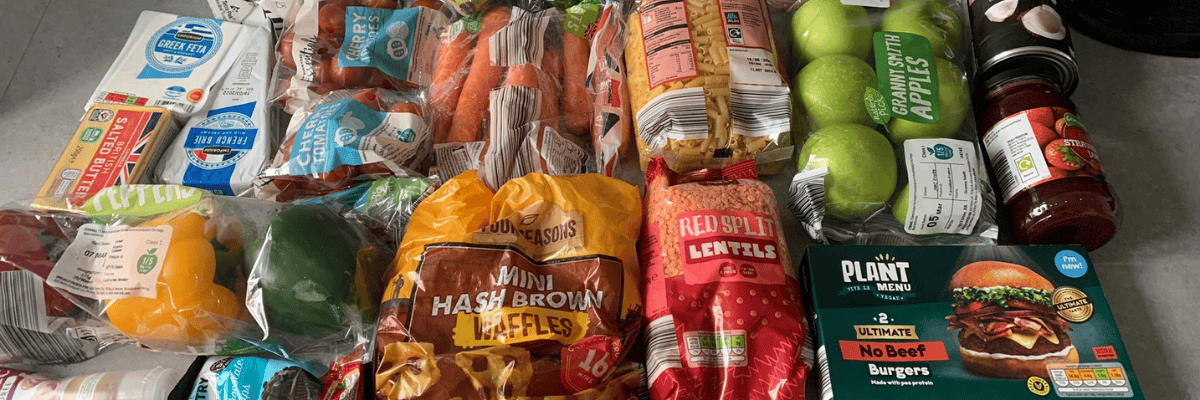Our project
The research is funded by the Lancaster University Engineering and Physical Sciences Research Council (EPSRC) Impact Accelerator Account (EP/X525583/1).
The ‘In the Loop’ project is a project focuses on accelerating the dialogue between Booths supermarket, their customers, and Lancaster City Council (LCC) on several interconnected issues, including recycling, plastic packaging circularity, and food packaging innovation. The project aligns with the UK’s circular economy, net zero and zero waste agendas.
Building on the 3.5-year UKRI Plastic Packaging in People’s Lives (NEV/VO10611/1) project, we conducted two pilot projects—one with Booths and the other with Lancaster City Council (LCC), both of whom are core partners working closely with our team. The pilots revealed important insights: Booths’ customers expressed a lack of trust in the fate of recycled packaging and the use of recycled content in food packaging, while LCC faced challenges in engaging households to recycle and recapture materials for reuse in production.



